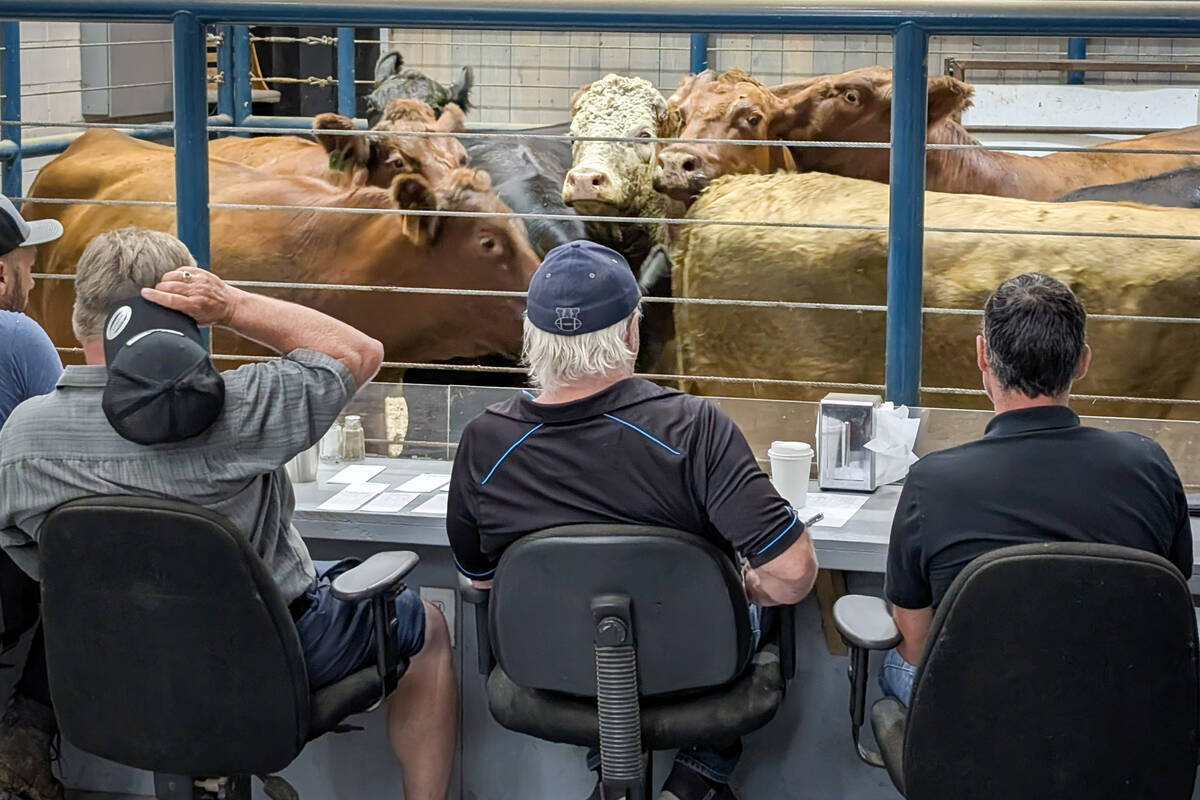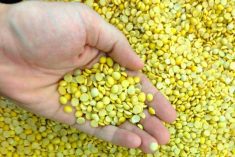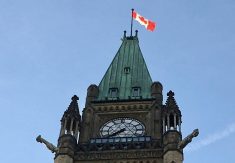After years of negotiations and concessions, Russia has joined the World Trade Organization.
On Aug. 22, it became the WTO’s 156th member, bound by rules of subsidy and trade barriers and subject to challenge by other members.
In earlier accession negotiations, Russia agreed to:
• lower tariffs on agricultural products, including setting an average tariff ceiling of 10.8 percent compared to the current 13.2 percent
• reduce beef tariffs to 15 percent from 55 percent
• allow pork imports within a tariff rate quota (TRQ) restriction tariff-free compared to a current in-quota tariff of 65 percent. By 2020, it has agreed to end the pork TRQ and replace it with a tariff of no more than 25 percent
Read Also

U.S. livestock: Cattle rally, hogs slide
Chicago cattle futures regained a ground on Monday to maintain a fairly level trajectory after last week’s fall.
Although agriculture minister Gerry Ritz has promoted increased trade between the two countries, Ottawa trade consultant and former trade negotiator Peter Clark says Russia’s new status as a WTO member will not have an early impact on Canadian trade possibilities.
He said the main beneficiary in the long run could be the livestock sector.
“But I think it will be like China,” he said. “They’ll have to be challenged a few times on some of their rules and policies before they finally start to move to make changes.”
For the WTO, it was a rare nugget of good news.
With negotiations for a new trade deal stalled and direct general Pascal Lamy’s term drawing to a close, Lamy issued a statement proclaiming that it indicates the WTO still is relevant.
It shows WTO membership “remains high on countries’ agendas since trade can bring a predictable and stable basis for economic growth,” he said. “Joining the WTO is a sign of confidence in the organization and what it can deliver for its members.”














